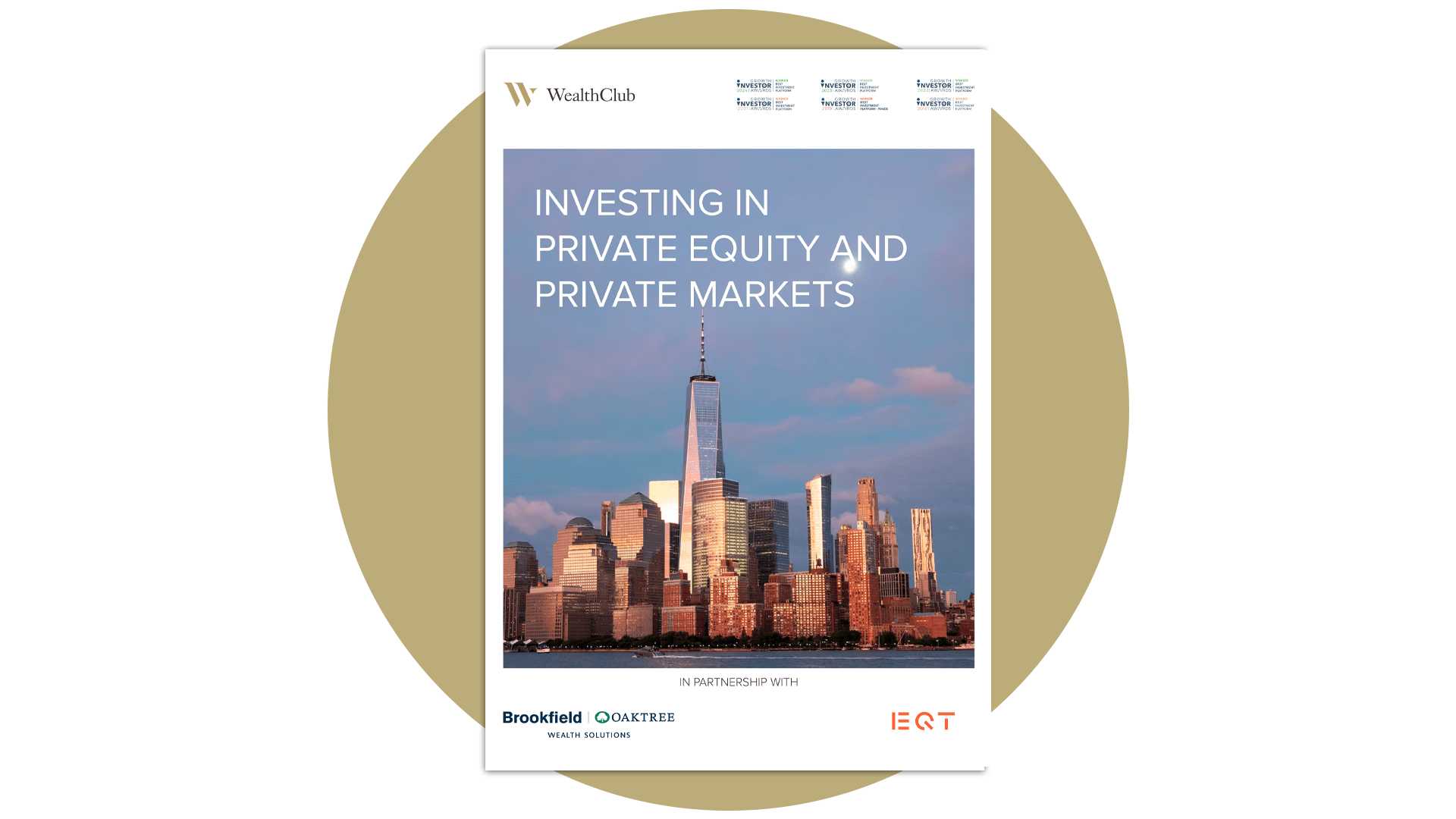In the early 1990s, Northern Irish former schoolteacher Kevin McNeany had a vision – to transform the language and training business he established in 1972, by opening British-style private schools across Asia and beyond.
His logic was simple. Emerging markets like China were seeing rapid growth in income and living standards, but their schools often left a lot to be desired. Meanwhile, new expat communities were stoking demand for education standards that were ‘closer to home’.
However, McNeany’s plan had an unusual twist.
The business – established under the banner of Nord Anglia Education – would be set up as a platform, with access to a pool of shared resources rather than keeping each school as a separate entity.
Nord Anglia opened its first international school in 1992 but struggled to scale. By the late 2000s, Nord Anglia was a 35-year-old UK-listed company with a portfolio of just six schools and several investors knocking on its door looking to take it over. In the end, EQT took the business private in June 2008 for around $400m.
Nearly two decades later – after two rounds of private investment and another stint on the public markets in between – the business operates more than 80 schools across 33 countries. In late 2024, EQT welcomed a new consortium of investors into the business, the transaction valued Nord Anglia at $14.5 billion, and allowed EQT to return $5.4 billion to its investors, whilst retaining a stake in the business.
Why did EQT invest in Nord Anglia? How did it add value to the business? How could investors get exposure to similar growth stories?
Important: The information on this website is for experienced investors. It is not a personal recommendation to invest. If you’re unsure, please seek advice. Investments are for the long term. They are high risk and illiquid and can fall as well as rise in value: you could lose all the money you invest.
EQT comes knocking
In 2008, EQT Private Capital Asia (then Baring Private Equity Asia) saw an opportunity.
The Private Equity firm was keen to gain exposure to the Asian education market and found Nord Anglia’s platform structure compelling. Importantly, it had the financial clout, regional connections and educational knowhow that Nord Anglia needed.
EQT made an initial £180 million bid for Nord Anglia in June 2008, which was rejected. Nevertheless, EQT persevered and was successful with a follow-up bid of £190 million ($360 million) – a 60% premium to the company’s closing share price the day before.
The deal came at a critical time, on the eve of the Global Financial Crisis and ensuing recession. EQT’s resources and experience were a buffer which would help Nord Anglia weather the storm and embark on a new growth strategy from 2009.
From private to public… and back again
Nord Anglia’s new model proved to be a winning formula.
It was asset light – focusing on acquiring the operating businesses of schools, not the land and buildings. This kept a lid on capital spending and allowed free cash flow to be funnelled back into new acquisitions and organic expansion.
In February 2014, five years after EQT came on board, Nord Anglia filed for a $300 million IPO, with the proceeds to be used to pay down existing debt. At this point, Nord Anglia’s portfolio had grown from six to 27 schools, spanning a range of new markets.
EQT retained a 67% majority stake and continued to drive strategy. By 2017, group revenue had nearly trebled since the IPO, and EQT elected to take Nord Anglia private again. This time it teamed up with Canada Pension Plan in a deal which valued the company at $4.3 billion.
More upside potential for EQT and Nord Anglia?
Today Nord Anglia operates more than 80 schools across 30 countries, teaching 80,000 students from kindergarten to the end of secondary school (K-12 range). Included in this high-end portfolio are names such as the Oxford International College and the exclusive Avenues in New York.
In 2024, EQT decided to roll over its Nord Anglia holding. It sold its stake in an older fund, while reinvesting via a newer vehicle and inviting in fresh external capital. The transaction valued Nord Anglia at $14.5 billion.
As a result, around $5.4 billion was returned to EQT and its fund investors. This is one of the largest ever distributions from an Asia-focused private equity deal.
EQT’s desire to remain invested is a testament to its confidence in the strength of Nord Anglia’s model, and the potential for further upside – not guaranteed. As Jack Hennessy, partner at EQT Private Capital Asia, put it: “Nord Anglia is the biggest K-12 school operator in the world, yet its market share is only about 1.5%. We aren’t going to run out of runway in my lifetime.”
How could experienced investors get exposure to similar growth stories?
Nord Anglia is a particularly profitable example of Private Equity investment. Its success will not be representative of all Private Equity investments – many deals will be less successful and some will inevitably fail. It does, however, illustrate what Private Equity managers usually aim to achieve: invest in private companies that haven't realised their full potential, help them grow over the years and eventually achieve a profitable sale.
For decades, access to this type of investment was restricted to large institutional investors and the ultra-wealthy, due to complex structures and investment minimums running in the $millions.
Now, thanks to the emergence of semi-liquid or evergreen Private Equity funds, individual investors can join in. Minimum investments are from just £10,000 and the fund structure is similar to that of a unit trust, though with more restrictions. Remember, private equity investments are high risk, long term and illiquid, and should only be considered by investors with the knowledge and experience to understand the risks: you should not invest money you cannot afford to lose.
Wealth Club aims to make it easier for experienced investors to find information on – and apply for – investments. You should base your investment decision on the offer documents and ensure you have read and fully understand them before investing. The information on this webpage is a marketing communication. It is not advice or a personal or research recommendation to buy any of the investments mentioned, nor does it include any opinion as to the present or future value or price of these investments. It does not satisfy legal requirements promoting investment research independence and is thus not subject to prohibitions on dealing ahead of its dissemination.


